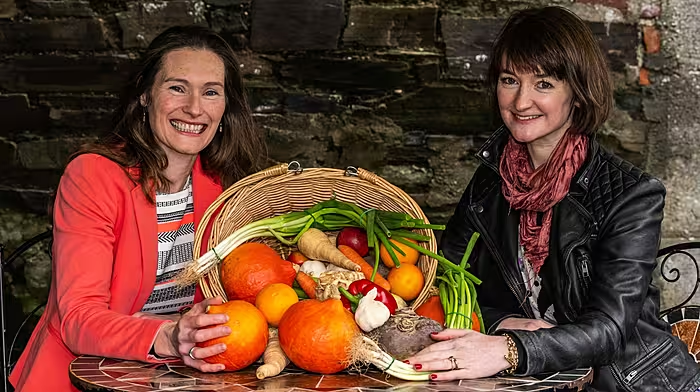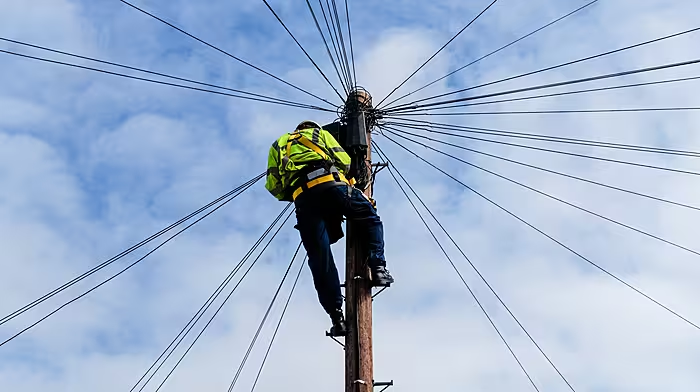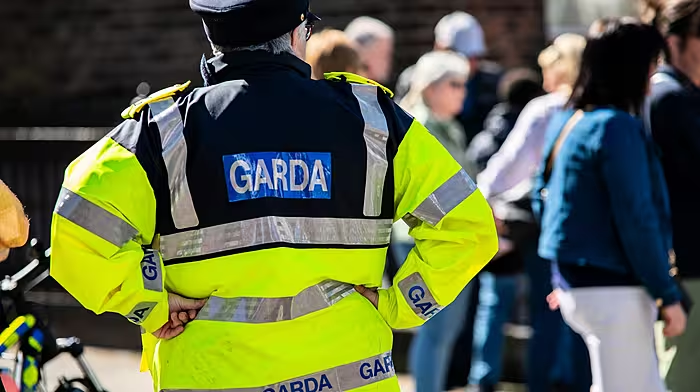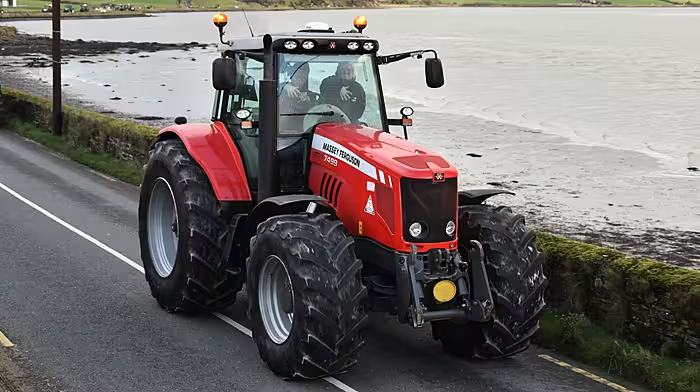ICSA president Patrick Kent has said the issue of agricultural crime is a far bigger one than official Garda statistics would suggest.
ICSA president Patrick Kent has said the issue of agricultural crime is a far bigger one than official Garda statistics would suggest.
Mr Kent was speaking following the release of the third and final report from ICSA’s National Agricultural Crime Survey undertaken in conjunction with WIT. ‘We now know that that two-thirds of Irish farming families have been affected by crime relating to their farming enterprise and that many in rural Ireland have little confidence in how An Garda Siochana and the judicial system are tackling the issue.
‘The general perception is that reporting crime is futile; there are inadequate resources to get convictions and even when convictions are secured, repeat offenders are getting off far too lightly,’ he claimed.
ICSA rural development chairman Seamus Sherlock added: ‘ICSA has provided proof that agricultural crime is hitting farmers’ pockets at a time when most are struggling to make ends meet at all. Financially, it’s wreaking havoc, not to mention the stress and emotional impact these crimes have.
‘We cannot accept crime as part and parcel of life in rural Ireland. As a result of the startling findings of the survey ICSA is committed to bringing the issue of rural crime to the top of the political agenda.’
Patrick Kent stated: ‘ICSA would encourage farmers to report all instances of crime to the Gardaí even if they cannot see any immediate benefit from doing so. The figures revealed in this crime survey need to reflected in official Garda statistics so the scale of the problem can be recognised and appropriate resources put in place.’
‘We are witnessing the whole fabric of rural society being decimated with farmers feeling more and more isolated and sidelined. Nobody should have to live in a state of constant fear and anxiety as a result of feeling under siege due to lack of Garda resources.
Worse still is that farmers are expected to fund expensive deterrents such as electric gates and security cameras.
‘The ordinary decent people of rural Ireland are outraged that criminals seem to be acting with impunity. Even where insurance is in place, premiums are always at risk of rising significantly as a result of this type of crime. The report is hugely important as determining the costs of agricultural crime provides the justification for spending scarce resources on tackling the issue.’
The survey was devised by Dr Kathleen Moore-Walsh, a lecturer in Law and Criminology, and Louise Walsh, a lecturer in Accounting and Finance, both from the Waterford Institute of Technology.
The study examines crimes that occur solely on farms or relating to farming activities. Findings of the third report indicate that 45% of respondents did not report instances of agricultural crime to the Gardaí.
The reasons given for choosing not to report a crime are as follows:
1 ‘Waste of time,’ ‘no point’ and/or ‘too much hassle’;
2 No action taken by Gardaí when reported a previous theft incident(s);
3 No prosecution arose from previous theft incident(s) reported;
4 Asset(s) previously reported stolen were not recovered;
5 Unsure when asset(s) was stolen;
6 Gardaí would be unlikely to trace the thief and/or the stolen assets;
7 Believed value and/or quantity of asset(s) stolen was not significant enough to warrant reporting;
8 Knew the person(s) involved in the theft;
9 Farmer dealt with the theft him/herself;
10 Fear of retribution;
11 Garda station closed (either permanently or at the time when wanted to report the theft incident); and
12 No local Garda with knowledge of the area and/or community. The report also suggests that the level of recovery of stolen assets is very low (8%) and respondents recorded less assets were recovered ‘by Gardaí’ (3%) than by ‘other than Gardaí’ (5%).
Perhaps one of the most significant reasons recorded for not reporting an agricultural crime incident to Gardaí centred on the farmer dealing with the crime him/herself.








